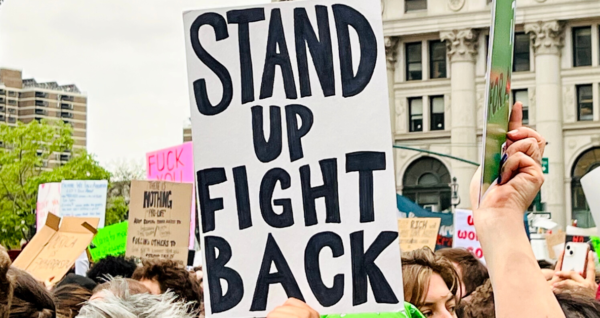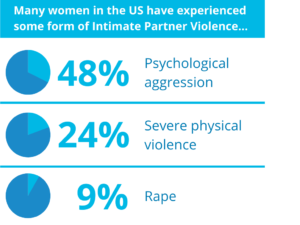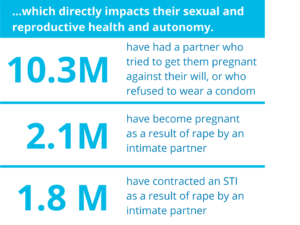Sanctuary filed an amicus brief to the U.S. Supreme Court in the consolidated cases Idaho v. United States and Moyle v. United States in support of reproductive care access.
Yesterday, Sanctuary filed an amicus brief to the U.S. Supreme Court in the consolidated cases Idaho v. United States and Moyle v. United States in support of reproductive care access. We argued that by requiring pregnant patients to incur serious but preventable harms or to suffer until their medical conditions become life-threatening, Idaho’s abortion ban amounts to gender-based violence.
Joined by a coalition of 16 organizations advocating on behalf of survivors, our brief urges the Court to consider the compounding effect of the harms caused by abortion bans that conflict with EMTALA* for pregnant patients who arrive at the emergency department with emergency medical conditions resulting from physical abuse.
Homicide is the leading cause of death for pregnant women in the United States. The Court should not permit states to further endanger pregnant women’s lives and empower their abusers by denying stabilizing abortion care in the narrow but critical circumstances in which EMTALA requires it to prevent the patient’s death or serious harm to her health.
We want to thank the National Women’s Law Center for coordinating this broader effort in support of reproductive justice and our partners at Cleary Gottlieb Steen & Hamilton LLP for authoring this brief on our behalf. We also want to recognize the remarkable leadership of Sanctuary’s Reproductive Rights Advocacy Sub-Committee, co-chaired by Family Law Project and Policy Director Luba Reife and Senior Staff Attorney Anne Glatz.
Click here to read the full amicus brief.
*The Emergency Medical Treatment and Labor Act (EMTALA) requires hospitals with emergency departments to provide a medical screening examination to any individual who comes to the emergency department and requests such an examination, and prohibits hospitals with emergency departments from refusing to examine or treat individuals with an emergency medical condition.



